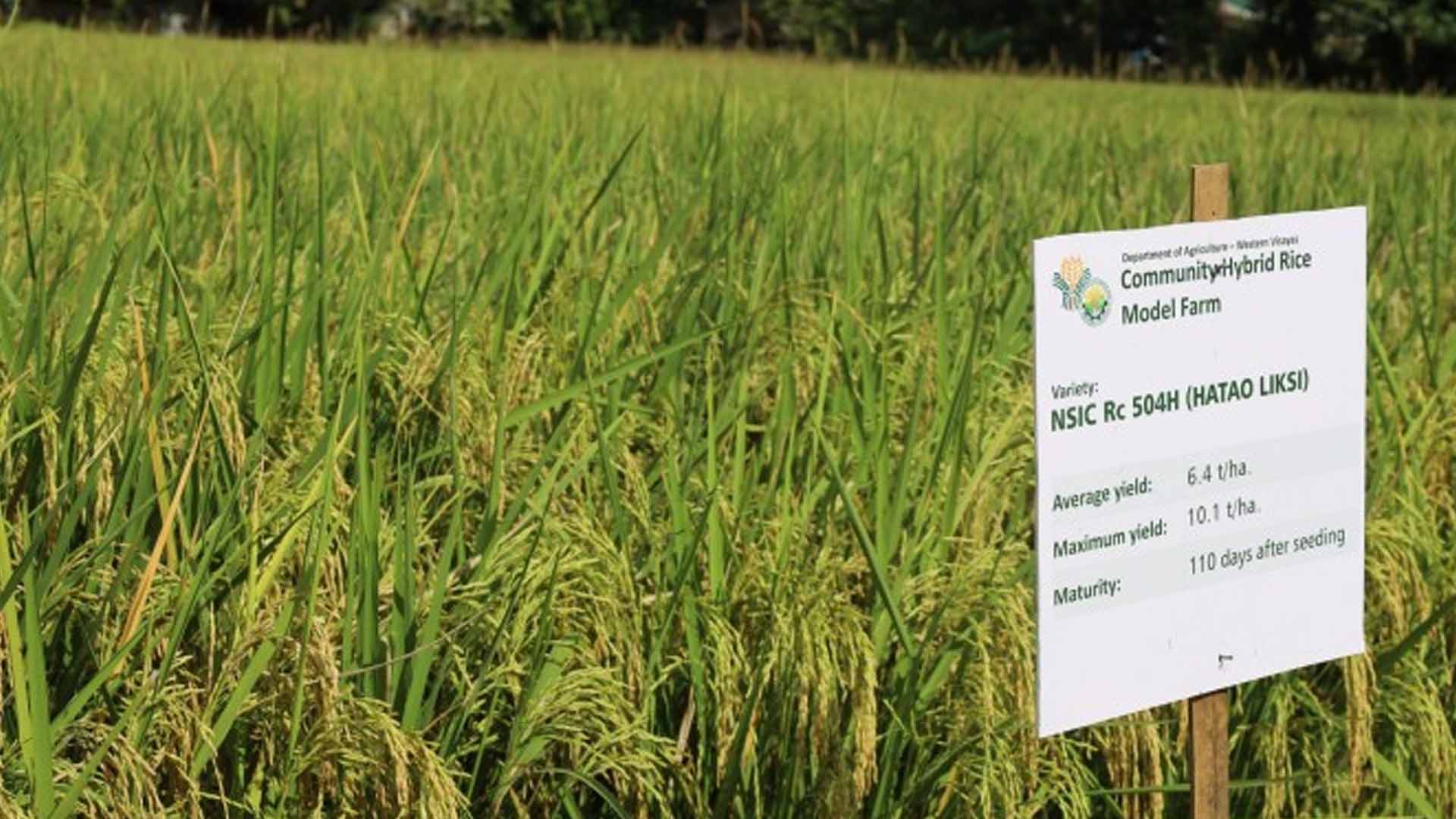President Ferdinand R. Marcos Jr. has sought the implementation of a program that will promote the use of hybrid rice varieties to help increase crop production in the country, Malacañang announced on Wednesday.
This developed after Marcos met Tuesday with executives of SL Agritech Corp. (SLAC) and farmer representatives from Central Luzon at Malacañan Palace in Manila to address the challenges in the rice industry, Presidential Communications Office (PCO) Secretary Cheloy Garafil said in a press statement.
Garafil noted that during the meeting, the SLAC, led by its chairperson and chief executive officer Henry Lim Bon Liong, proposed the conversion of about 1.9 million hectares of rice farming areas planted with certified seeds (CS) to enable the planting of hybrid seeds in four years.
“President Ferdinand R. Marcos Jr. on Tuesday agreed to adopt hybrid rice as a better alternative to the inbred variety for increased crop production,” she said. “President Marcos said he will implement a program to promote the shift by providing subsidies and facilitating loan financing to farmers.”
The hybrid technology, if adopted on a two-cropping cycle per year, will give better income to farmers and achieve rice sufficiency in the country, Lim Bon Liong told Marcos.
The SLAC is a private company engaged in the research, development, production, and distribution of hybrid rice seed and premium quality rice.
The production of hybrid rice is one of the solutions seen by SL Agritech to address the food security challenges in the country.
The SLAC has three commercial hybrid rice seeds, which are all proven to be high-yielding varieties that could thrive in both wet and dry seasons.
Its hybrid rice seed varieties are being distributed in the Philippines and exported to Vietnam, Myanmar, Bangladesh, Indonesia, and India.
The Department of Agriculture (DA) allows the local production of hybrid rice seeds to improve crop yields in the country.
The hybrid system has given 41 percent better yield than inbred conventional seeds over the past years, according to a joint study by the DA and local government units.
Hybrid farmers have reported harvesting 7 to 15 metric tons (MT) per hectare, higher than the average 3.6 MT/hectare for inbred seeds.
Marcos also discussed with SLAC officials and Central Luzon farmers the other proposals to attain rice self-sufficiency, state-run Radio Television Malacañang (RTVM) said in a separate statement posted on its official Facebook page.
The meeting also focused on several programs or projects aimed at strengthening support for rice farmers, including assistance and market expansion to sell their produce and increase their income, RTVM said.
Garafil said Marcos, aside from his commitment to further strengthening financial support to local farmers through the loan financing program, also pledged to apply the “best” practices being done by Central Luzon farmers to other areas in the country.
“We would like to apply kung ano ‘yung ginagawa ninyo dito sa Central Luzon… so we can apply sa ibang areas (We would like to apply what you are doing in Central Luzon to other areas),” Marcos said, as quoted by the PCO.
From January to November 2022, the National Rice Program has served about 1.06 million rice farmers and 3,528 farmer cooperatives through the provision of hybrid and inbred or certified seeds, production-related and post-harvest machinery, small-scale irrigation, as well as extension and training activities.
The program has also established Hybrid Rice Model farms. Under the Rice Competitiveness Enhancement Fund Program, the Landbank of the Philippines and the Development Bank of the Philippines granted PHP3.37 billion in zero-interest and non-collateral loans to 10,643 rice farmers and 197 borrower organizations and cooperatives. (PNA)







